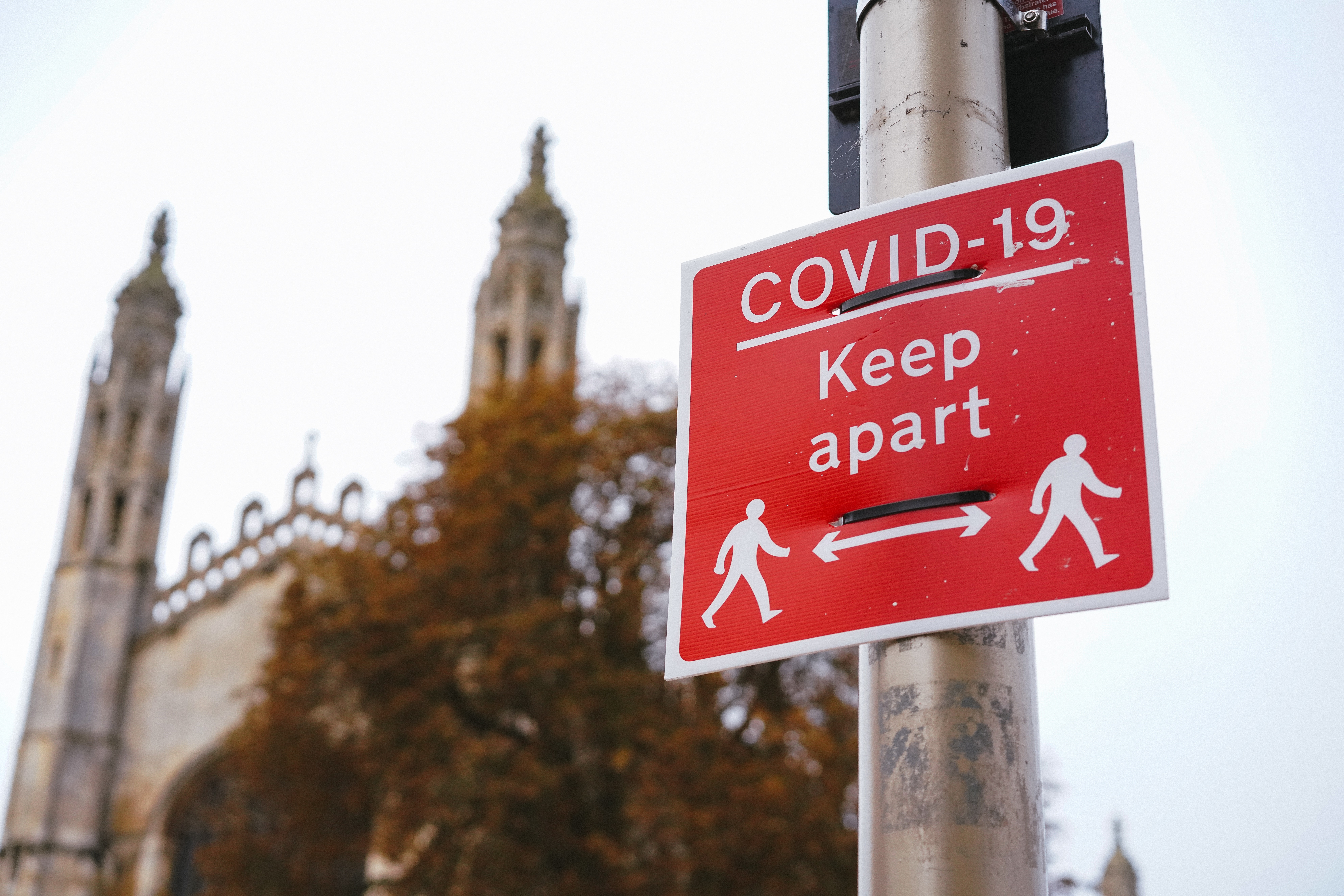Restoring the Health of the People and the Planet
Held in September, Global Goals Week focused on the shared commitment by countries “to leave no one behind in creating a prosperous and equitable society for all”. In the advent of COVID-19, SDG 3 is more pertinent now more than ever. I attended the webinar hosted by the World Economic Forum titled, “Restoring the Health of People and the Planet”. It featured a diverse panel of speakers, including Amina Mohammed (UN Deputy Secretary-General), Alan Jope (CEO of Unilever), and Mohammed Ashraf Ghani (President of Afghanistan). This session highlighted the impact of COVID-19 worldwide. The global response to COVID-19 has demonstrated how we can go from business as usual to now making public health and safety a top priority. This session posed an important question: in a post-COVID world, how do we create sustainable measures to continue to cultivate a healthier society for all and achieve the SDGs by 2030?
What resonated with me from this session was viewing COVID-19 as a catalyst for positive change in our post-pandemic society. Amina Mohammed noted that before the outbreak, the world was not on track to achieve the SDGs by 2030. She noted that “we should see COVID-19 not as pausing the agenda, but reinforcing it”. The President of Afghanistan, Mohammed Ashraf Ghani also added that COVID-19 is a hyper-event that marks a distinction between the past and future of public health.
The global pandemic caused by COVID-19 has highlighted the inequalities in access to healthcare on a global scale. Equal access to healthcare is a right, not a privilege. This statement is my driving goal; it motivated me to obtain my Master’s in Public Health in 2015 after 10 years in the finance sector. I am a first-generation American, my family is originally from Nigeria in West Africa. The health disparities in Nigeria and other sub-Saharan African countries were evident even pre-COVID. In addition to serving as a Global Goals Ambassador for UNA-USA, I am a Global Health Specialist for African Global Alliance (AGA), an organization that provides free medical services and health education in low- income, at-risk communities in rural villages in Nigeria. I believe that we have to close the gap in public health disparities for all. The need for increased funding for health services and obtaining accurate health data is essential. Global health issues such as the reduction of maternal and child mortality, as well as the need for increased immunization programs are still issues that need our attention and action.
As a global community, we must accurately pinpoint where health disparities exist and ensure that spending is directly used to address these inequalities. The biggest takeaway from this session is that we have to seize this moment to reshape our world and accelerate the completion of the SDGs.
Beverly Isa serves as a 2020-2021 UNA-USA Global Goals Ambassador for SDG 3: Good Health and Well-Being.




